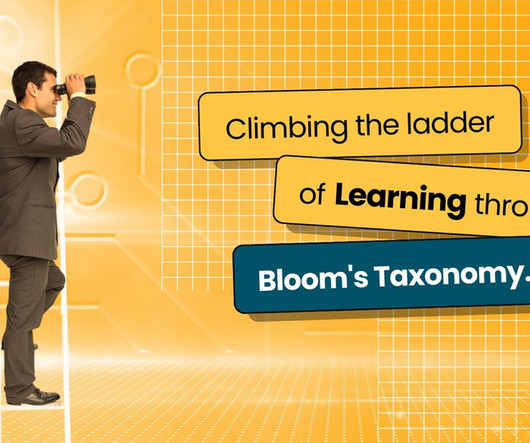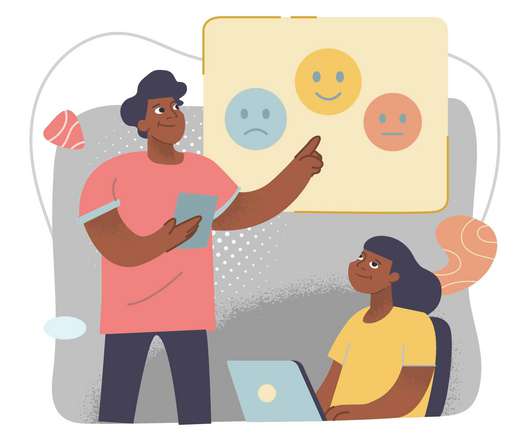How to use Bloom's Taxonomy in Custom eLearning Content Development?
Thinkdom
APRIL 7, 2024
For years, Bloom's taxonomy has helped to transform traditional learning by providing a framework for educators. It helped to develop learning objectives that promote knowledge retention and critical thinking. Bloom's Taxonomy is a valuable tool for creating impactful learning experiences in L&D.






















Let's personalize your content